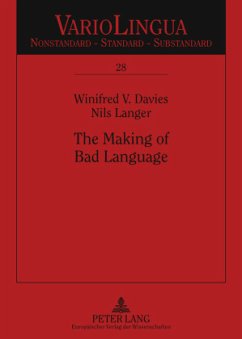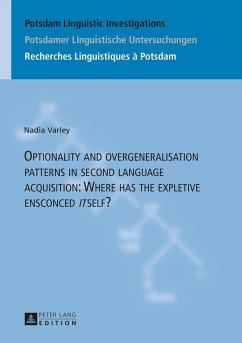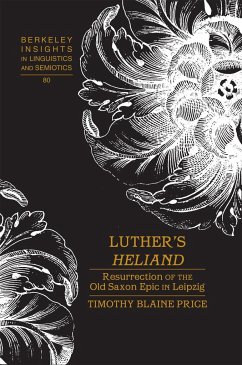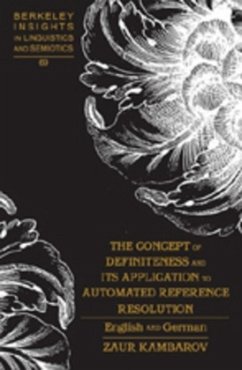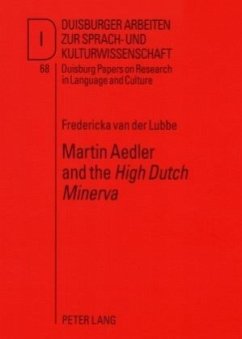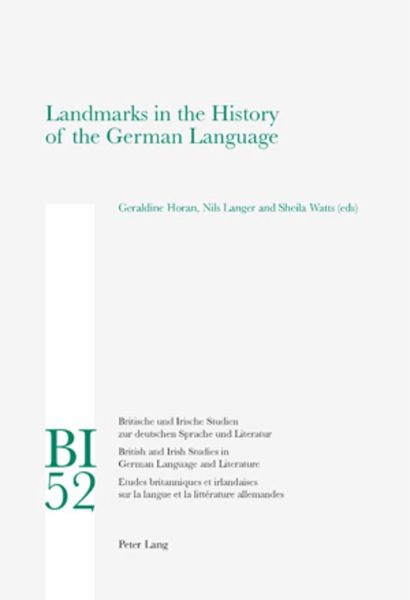
Landmarks in the History of the German Language
Versandkostenfrei!
Versandfertig in 6-10 Tagen
81,70 €
inkl. MwSt.

PAYBACK Punkte
0 °P sammeln!
The contributions to this volume explore eleven key developments in the external history of the German language, that is, the combination of social, political and cultural circumstances which influenced the language and its speakers. Some of these 'landmarks' are individuals or groups of people who have exerted influence over the language: Charlemagne, Luther, the early modern grammarians and lexicographers. Others are studies of particular periods, places or groups which have not found their place in more narrative accounts: standardisation in the nineteenth century, the role of Low German, t...
The contributions to this volume explore eleven key developments in the external history of the German language, that is, the combination of social, political and cultural circumstances which influenced the language and its speakers. Some of these 'landmarks' are individuals or groups of people who have exerted influence over the language: Charlemagne, Luther, the early modern grammarians and lexicographers. Others are studies of particular periods, places or groups which have not found their place in more narrative accounts: standardisation in the nineteenth century, the role of Low German, the state of German at the Stunde Null in 1945. An overarching theme is the role of deliberate intervention in the development of German, whether it took the form of education, prescriptivism, purism or political manipulation. The essays, a number of which were originally delivered as lectures in the University of Cambridge and all of which are by specialists in the field, combine to provide a history of the German language in its social context.



